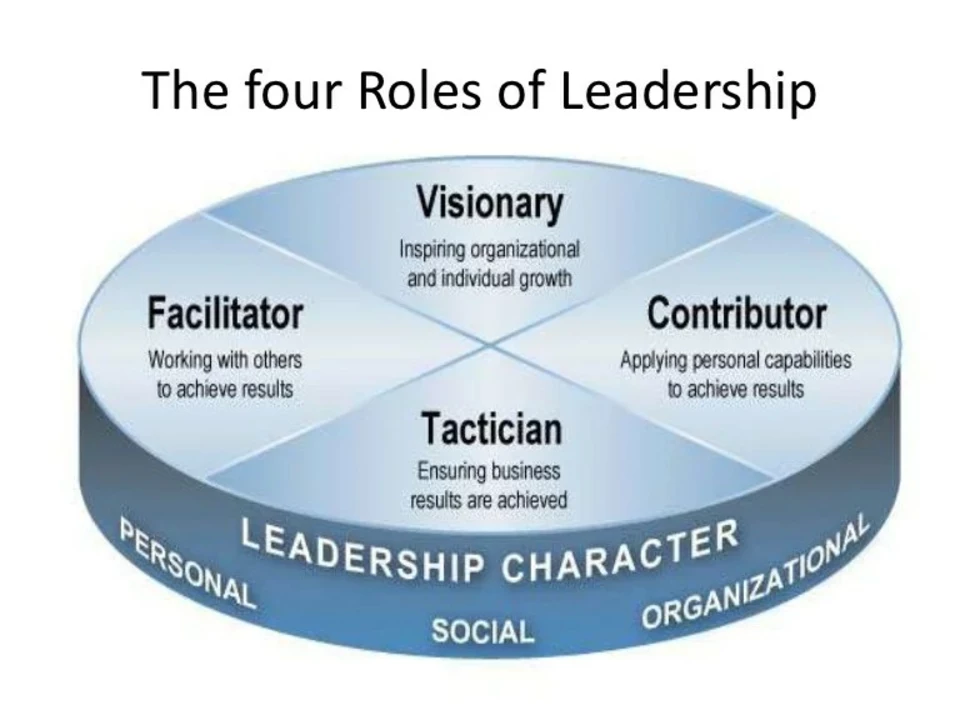Treatment-resistant schizophrenia
Treatment-resistant schizophrenia (TRS) means symptoms don't improve after trying at least two antipsychotic medications at the right dose and for long enough. If you or someone you care about keeps having hallucinations, delusions, or severe negative symptoms despite treatment, TRS might be the reason. This label isn't a dead end - there are specific steps clinicians take next.
First step is checking basics: was the diagnosis correct, were medications taken as prescribed, and did the patient get proper time and dose? Sometimes side effects or poor follow-up make a drug seem ineffective. Doctors also screen for other issues that mimic or worsen psychosis, like substance use, mood disorders, sleep problems, medical conditions, or medication interactions.
Treatment options clinicians commonly try
Clozapine is the one medication with the strongest evidence for TRS. It works for many people who didn't respond to other antipsychotics, but it needs blood monitoring for rare but serious side effects. If clozapine is not suitable or only partially helps, doctors may try dose adjustments, switching antipsychotics, or adding another drug like a mood stabilizer or a low-dose antipsychotic - always under close medical supervision.
Electroconvulsive therapy (ECT) can also help some people with TRS, especially when catatonia or severe mood symptoms are present. Psychosocial treatments matter too: cognitive behavioral therapy for psychosis (CBTp), supported employment, social skills training, and family support improve outcomes when paired with medication. Addressing physical health, sleep, and substance use often makes a noticeable difference.
Practical steps for patients and caregivers
Keep a clear symptom diary - note what gets better or worse, side effects, sleep, and substance use. Bring this to all appointments; it helps clinicians make real decisions. Ask about clozapine early if two adequate antipsychotic trials have failed. If offered clozapine, ask about the blood test schedule and what to do for side effects.
Get a second opinion if you feel stuck. Specialist teams at academic centers or community early psychosis programs often have more experience with TRS. If behavior becomes dangerous or suicidal thoughts appear, contact emergency services or go to the nearest crisis center immediately.
Finally, recovery includes practical support: housing help, vocational programs, and peer support groups reduce isolation and improve function. TRS is a challenge, but with the right team and the right plan it's possible to find better stability and quality of life.
Long-acting injectable antipsychotics (LAIs) can help when pills are missed; they keep blood levels steady and reduce relapse risk. Ask your doctor if an LAI fits your situation. Monitor weight, blood sugar, and lipids - some antipsychotics cause metabolic changes. Coordinate with primary care for routine blood tests and vaccines. Smoking and some drugs change how antipsychotics work; tell your team about tobacco, over-the-counter meds, and herbal supplements. Keep emergency contacts handy and build a crisis plan with your clinician and family.
Use reminders and pill organizers, and consider smartphone apps that track meds and appointments. Join peer support groups online or locally to share tips. Small daily routines - sleep, exercise, balanced meals - help medication work better and reduce your stress regularly.

The Role of Ziprasidone in Managing Treatment-Resistant Schizophrenia
As a blogger, I recently came across the topic of Ziprasidone and its role in managing treatment-resistant schizophrenia. From my research, I discovered that Ziprasidone is an atypical antipsychotic medication that has shown promising results in treating patients who haven't responded well to other medications. It works by balancing certain chemicals in the brain, which can help alleviate symptoms of schizophrenia. Additionally, Ziprasidone has a lower risk of side effects compared to other antipsychotic drugs, making it a viable option for those with treatment-resistant schizophrenia. I believe that understanding and spreading awareness about the benefits of Ziprasidone can contribute to improving the quality of life for many individuals struggling with this challenging condition.
